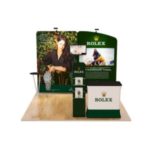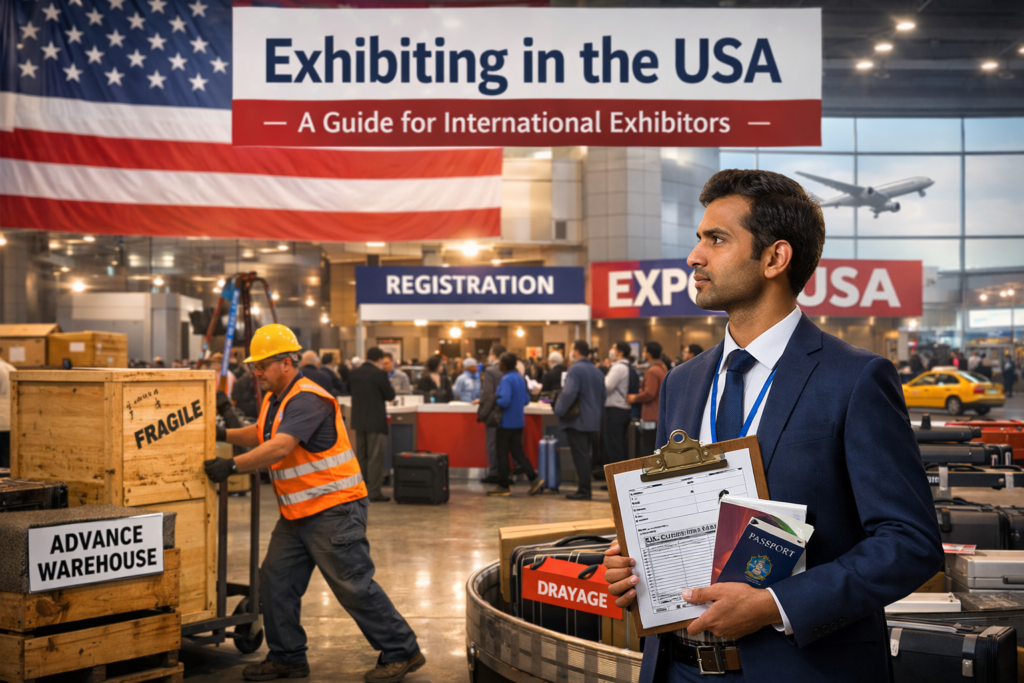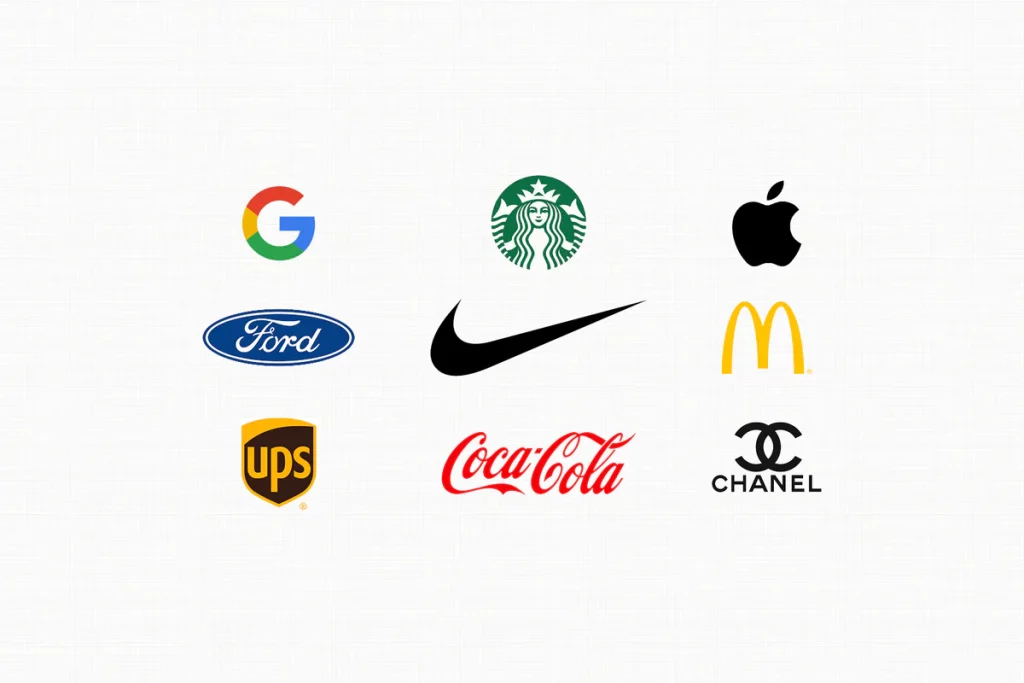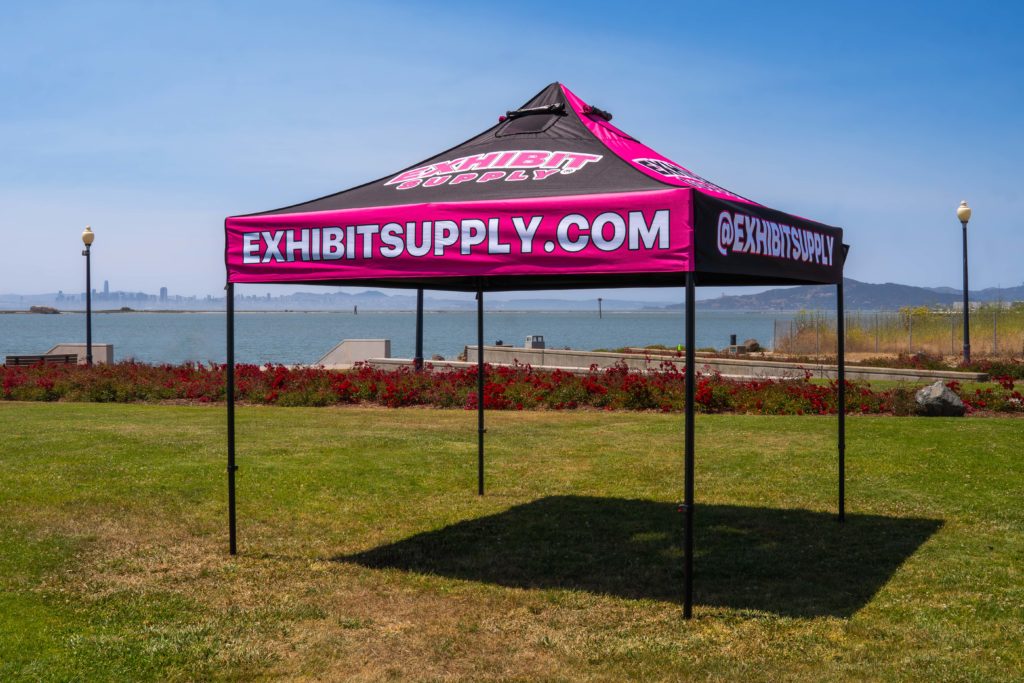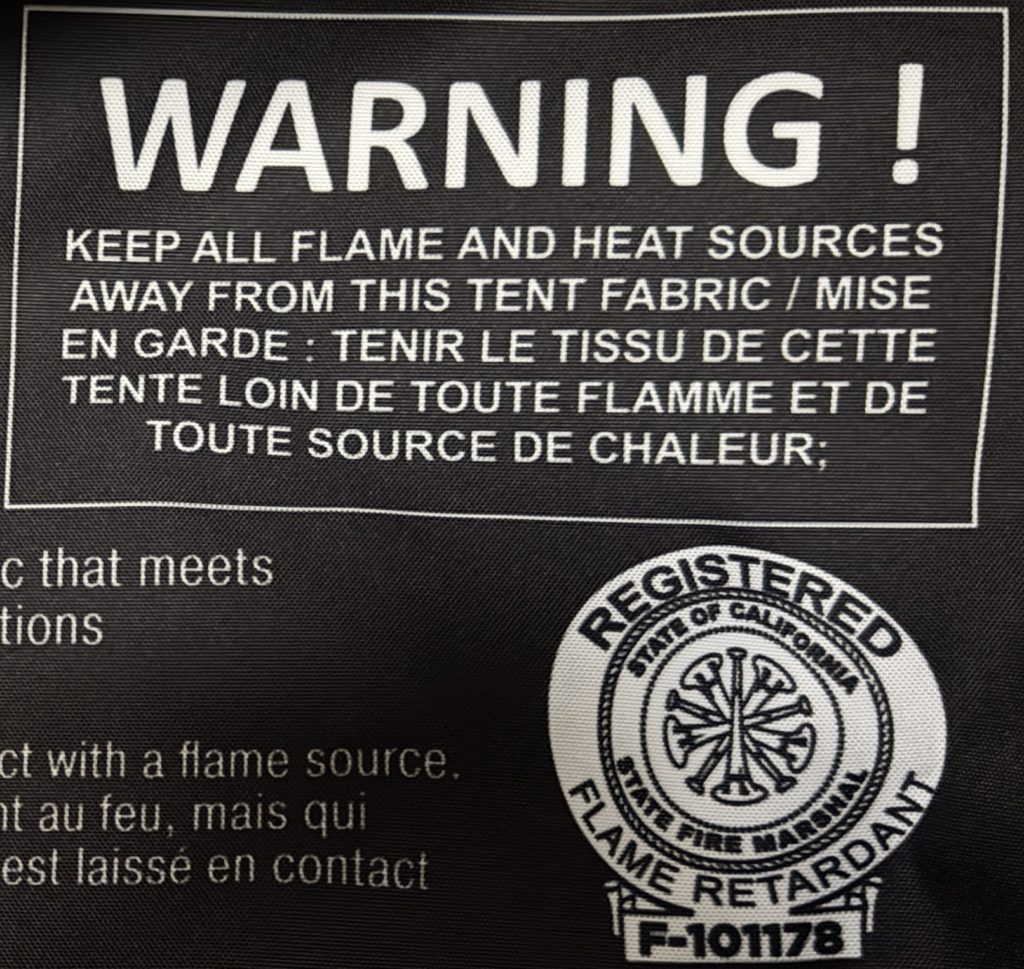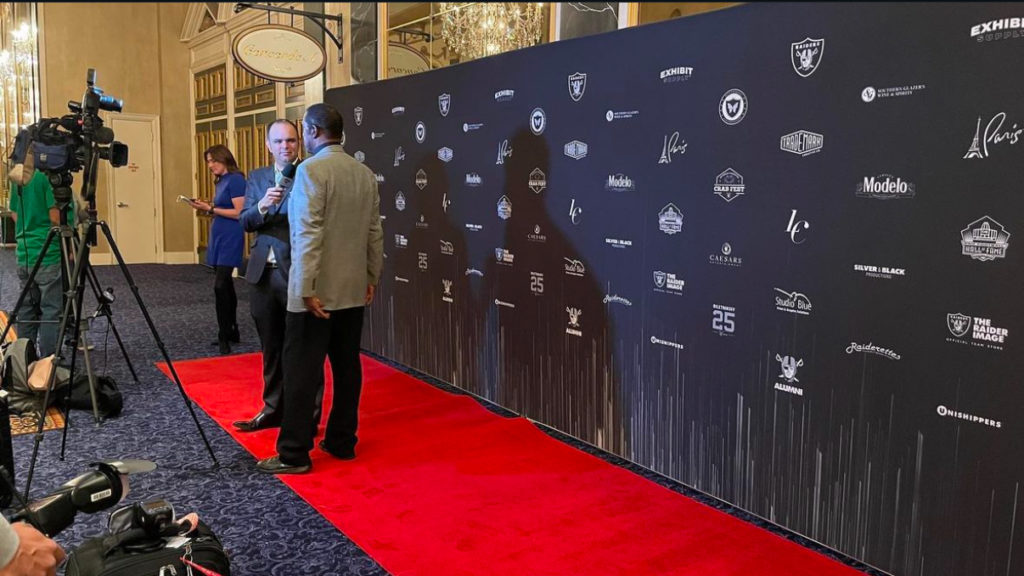In today’s world, where digital marketing seems to dominate, many businesses are shifting more of their budgets and efforts online, sometimes overlooking the powerful impact of face-to-face marketing. But for businesses looking to create a brand that lasts, nothing beats the power of in-person connections. Whether you’re a small local vendor, a regional business, or a large company entering new markets, event marketing is the most effective way to establish and grow your brand.
While it’s true that a strong brand-building campaign needs to include multiple touchpoints—social media, search engine visibility, email marketing—there’s one aspect of an omnichannel approach that no business should ignore: event marketing. This blog will explain why in-person event marketing is the most valuable tool in your brand-building toolkit, how it fosters trust and creates connections, and why it’s increasingly important to engage with customers face-to-face in an increasingly saturated digital landscape.
1. Why Event Marketing Matters in the Digital Age
As businesses flood digital spaces with ads, emails, and social media posts, consumers are experiencing what experts call “ad fatigue.” As a result, it’s getting harder to capture and maintain attention online. While digital marketing is crucial for brand awareness, studies show that in-person interactions are still the most effective way to build trust and make a lasting impression.
- Digital Ad Saturation: Studies have shown that the average American is exposed to between 4,000 to 10,000 ads per day. With this overwhelming number, many consumers develop “banner blindness,” actively tuning out ads or blocking them entirely.
- Event Marketing Advantage: Research suggests that in-person interactions require fewer touchpoints to build a trusted relationship and convert a prospect into a customer. In fact, studies by HubSpot and others show that people are 10–20 times more likely to convert through in-person interactions compared to online ads.
Key Takeaway: In-person interactions give your brand a unique chance to rise above the digital noise, building a memorable, lasting connection with potential customers that digital efforts simply can’t achieve on their own.
2. Creating Lasting Impressions Through Personal Connections
The trust and loyalty built through in-person experiences are invaluable. People are more likely to trust and support a brand they have interacted with face-to-face, and the power of this connection translates directly into brand loyalty.
- Statistics on Trust-Building: Research by the Event Marketing Institute shows that 74% of consumers have a more positive impression of a brand after engaging in-person at an event. This trust translates into action: 65% of people who participate in brand events say they are more likely to purchase from that brand afterward.
- The Role of Promotional Materials: At events, branded promotional items like reusable bags, water bottles, or even QR codes on business cards create tangible, memorable interactions. People often keep these items, extending brand recall beyond the event itself.
- Engaging Booth Ideas: Having an interactive element at your booth, such as a prize wheel or a game, encourages people to stay longer and gives your team more time to connect with them. This simple engagement strategy can increase brand recall and create lasting impressions.
Key Takeaway: When potential customers have a memorable, positive experience with your brand in person, they’re more likely to remember you, trust you, and become loyal customers.
3. How Customers Become Your Brand Storytellers
A truly successful brand isn’t built only by the company itself—it’s built by the customers who believe in it. Brand loyalty created at in-person events is powerful because customers who have positive experiences become brand advocates, telling others about your products and services.
- Customers as Brand Advocates: Marketing experts often say, “Your brand is what other people say about you when you’re not in the room.” By creating memorable in-person experiences, you empower your customers to share their stories and become your brand’s storytellers.
- The Power of Word-of-Mouth: Studies show that 90% of people trust recommendations from friends and family over any form of advertising. This means that a strong brand connection with just one customer at an event could potentially lead to multiple future referrals.
Key Takeaway: Treat every in-person interaction as a chance to build not only a customer but also a brand advocate who will help share your brand’s message.
4. Consistency and Brand Cohesion Across Marketing Materials
For event marketing to work, your brand’s visuals need to be consistent across all platforms and materials. A brand guide is essential for creating this cohesion, ensuring that your brand is recognizable no matter where customers see it.
- Importance of a Brand Guide: A solid brand guide includes details like logos, colors, fonts, and usage guidelines. When your display, uniforms, signage, and promotional items all follow this guide, your brand becomes stronger and more recognizable.
- Statistics on Consistent Branding: According to Lucidpress, brands that are consistently presented across all channels and materials see a revenue increase of up to 23%.
Key Takeaway: Consistent branding increases customer recognition, enhances trust, and maximizes the effectiveness of your event marketing efforts.
5. Engaging with the Local Community Through Events
For small businesses and local vendors, community events, fairs, and festivals are valuable opportunities to engage with customers, showcase support for the community, and establish a loyal following.
- Building Community Loyalty: When businesses participate in local events, they show customers they are invested in the community’s success. This builds loyalty and can differentiate your brand from larger competitors.
- Statistics on Community Engagement: A recent study by Cone Communications found that 68% of consumers are more loyal to brands that make a positive impact in their communities.
Key Takeaway: Local events allow your brand to demonstrate its commitment to the community, which fosters stronger relationships with customers and increases loyalty.
6. Benefits of Trade Shows for B2B Connections
For B2B brands, trade shows offer unique advantages in terms of lead generation, networking, and account expansion.
- Importance of Trade Shows for B2B: In-person interactions with potential clients provide an invaluable chance to showcase products, build relationships, and gain trust that leads to larger accounts.
- Trade Show Statistics: Studies indicate that 77% of executive decision-makers found at least one new supplier at the last trade show they attended, and 87% of attendees will share their positive experience with others. Additionally, trade shows are the second-largest revenue generator for B2B marketers after email marketing.
- Maximizing Impact: Invest in a well-designed booth, interactive demos, and engaging staff. These elements can help your brand stand out and leave a lasting impression on attendees.
Key Takeaway: Trade shows are essential for B2B businesses, offering a unique opportunity to make impactful connections with potential clients and industry partners.
7. Building a Brand with Events at the Core of an Omnichannel Strategy
Event marketing strengthens the reach and effectiveness of your other marketing efforts, creating a well-rounded, omnichannel strategy. By sharing event highlights, photos, and testimonials on social media and your website, you can reinforce the in-person experience and extend it to digital channels.
- Amplify Digital with In-Person Engagement: Integrating event content into your digital strategy reinforces your brand’s story and keeps your audience engaged.
- Future of Hybrid Marketing: Research shows that businesses combining both online and event marketing see faster growth. According to Bizzabo, companies that integrate in-person and digital marketing efforts experience higher ROI and stronger customer loyalty.
Key Takeaway: By combining the authenticity of in-person events with the reach of digital channels, you can create a stronger, more cohesive brand presence.
Conclusion
In a world where digital marketing is pervasive, the value of face-to-face marketing is rising. Event marketing remains one of the most powerful tools for building trust, establishing meaningful connections, and creating a memorable brand. By investing in community events, trade shows, and consistent branding, your business can rise above the digital noise, creating lasting relationships with customers and paving the way for sustainable growth.



